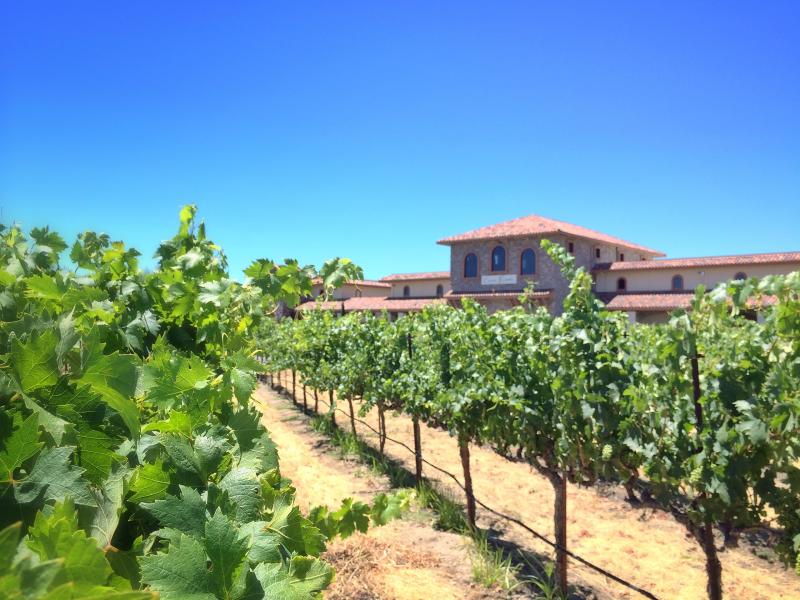
Sacramento Snapshot: California composting bill gets early bipartisan nod
From Sen. Jerry McNerney, a Democrat whose district includes San Joaquin County and part of Alameda County, SB 279 would let large vineyards and farms compost on-site rather than ship green waste to a composting facility, as they have to do now, which could be hundreds of miles away, according to the bill. McNerney’s office pointed to a recent CalRecycle report that found California needs up to 100 additional organic waste recycling facilities to meet demand.
The bill would also allow urban and school farms and community composters to compost up to 500 cubic yards of green waste and food scraps, up from the current limitation of 100 cubic yards, onsite as well. And it increases the amount of compost an organization can give away from 1,000 to 5,000 cubic yards per year, McNerney said during a committee hearing.
The bill “helps small-scale solutions flourish by removing regulatory barriers that hold back school gardens and community composters while also eliminating disincentives for growers, the very people eager to be part of this solution,” said Erica Parker, a policy associate with Californians Against Waste, a non-profit environmental research organization. “Additionally, composting isn’t just about managing organic waste. It’s a key tool for climate resilience.”
For the full report, click here.